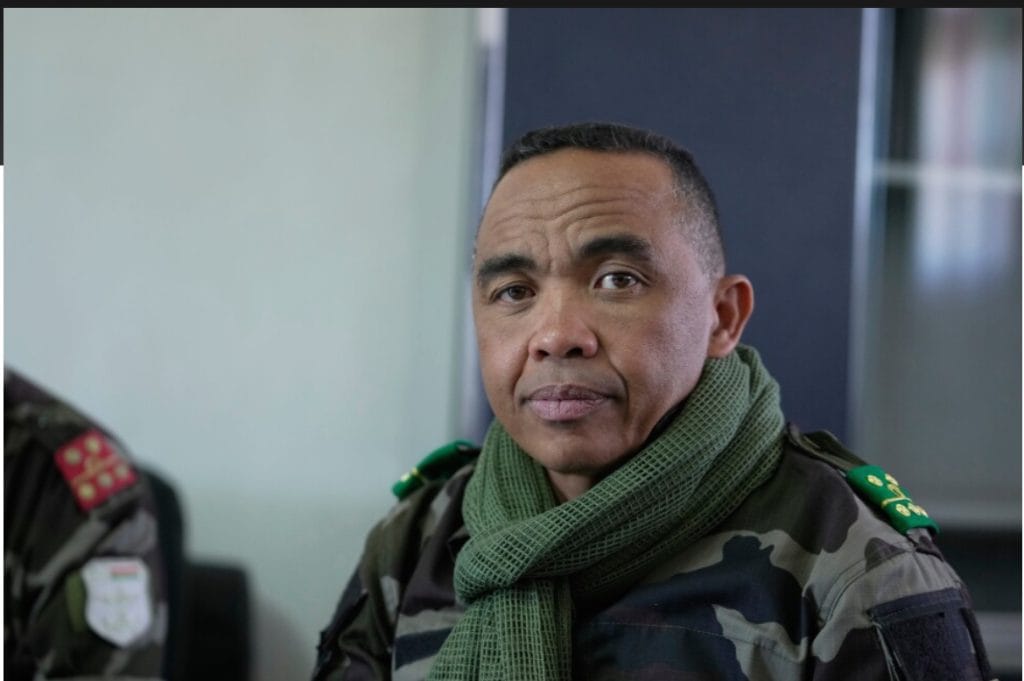Madagascar’s military leader, Colonel Michael Randrianirina, has declared himself the country’s new head of state following the ousting of President Andry Rajoelina, marking another major political upheaval in the Indian Ocean island nation.
Speaking from his barracks in Antananarivo on Wednesday, Randrianirina announced that he was “assuming the position of president” after the High Constitutional Court invited him to take charge in the absence of Rajoelina, who fled the country amid a military uprising.
The colonel said he expects to be sworn in within days, adding that the army’s intervention was necessary to prevent further instability. “We had to take responsibility because there is no longer a president, no parliament, and no functioning government,” he told local reporters.
The takeover followed weeks of nationwide demonstrations, driven largely by young protesters angry over deteriorating living conditions, frequent power cuts, and a lack of clean water. The protests reached a turning point last weekend when Randrianirina’s elite CAPSAT unit joined demonstrators and demanded Rajoelina’s resignation.
Rajoelina, who had led the country since 2018 and first rose to power after a 2009 military-backed transition, described the events as an illegal coup and said he fled for his safety.
Randrianirina stated that the military leadership intends to form a transitional government “as soon as possible” and appoint a new prime minister to oversee national recovery. “We are accelerating the process so that the crisis does not last forever,” he said.
Madagascar, which gained independence from France in 1960, has faced repeated cycles of political instability, with several coups and attempted takeovers over the past six decades. Despite its vast natural resources, the island nation continues to struggle with high poverty rates and limited access to basic services.
The African Union and regional blocs have yet to issue formal statements, though analysts have urged the continental body to reject the power grab. “This is a civil society uprising that should not have been hijacked by the military,” said one African governance expert.
As Madagascar’s youth movement continues to shape the country’s political future, attention now turns to whether the army’s intervention will restore stability — or deepen a familiar cycle of unrest.



